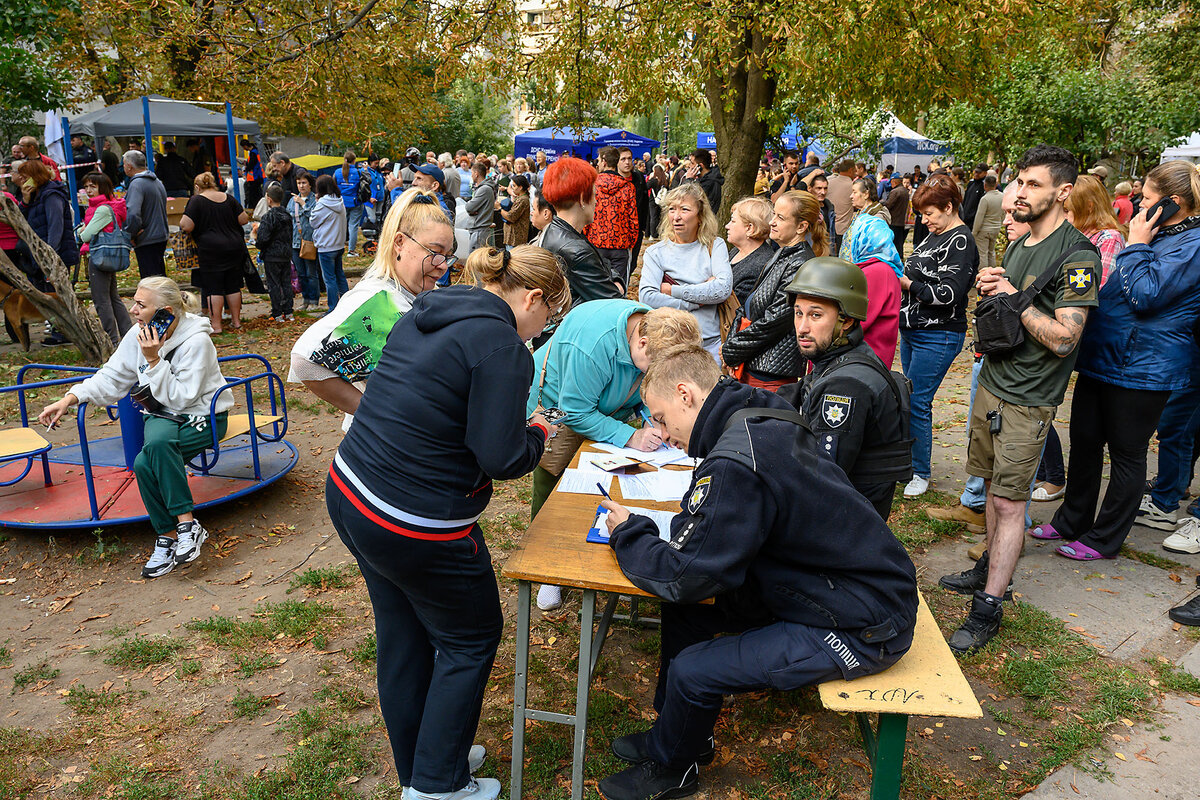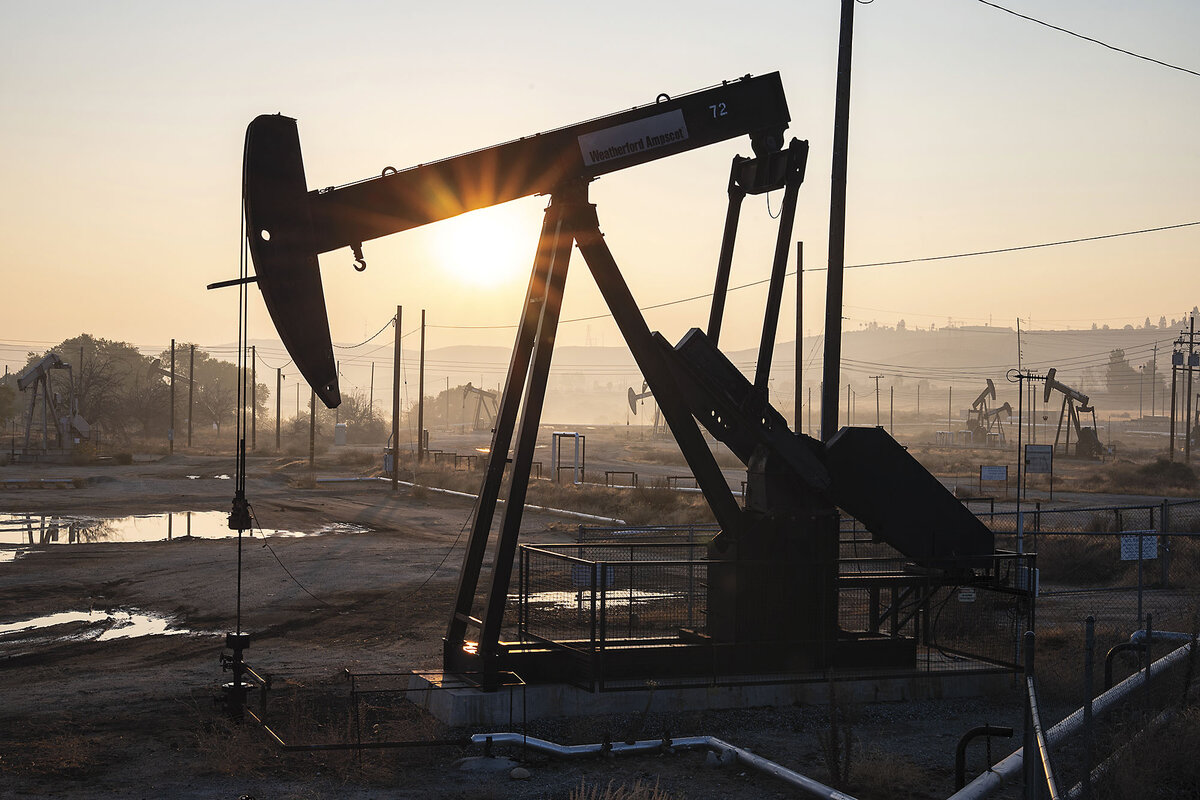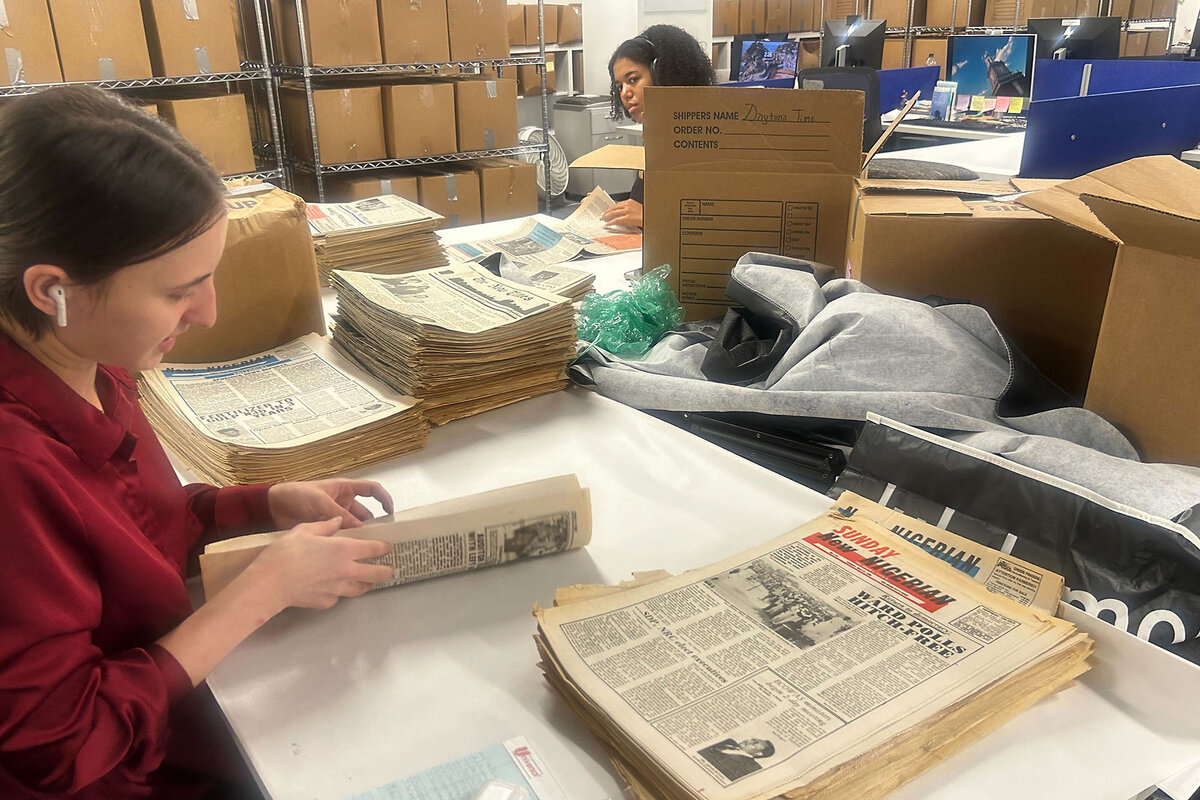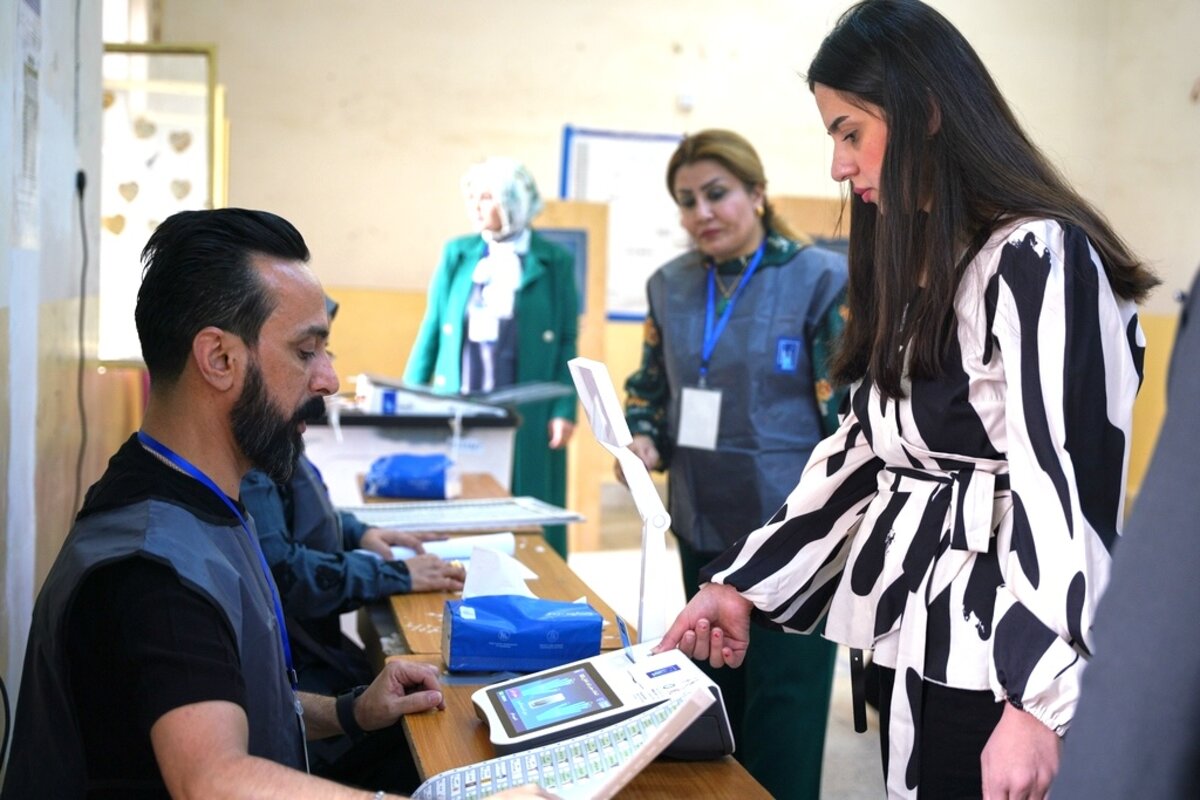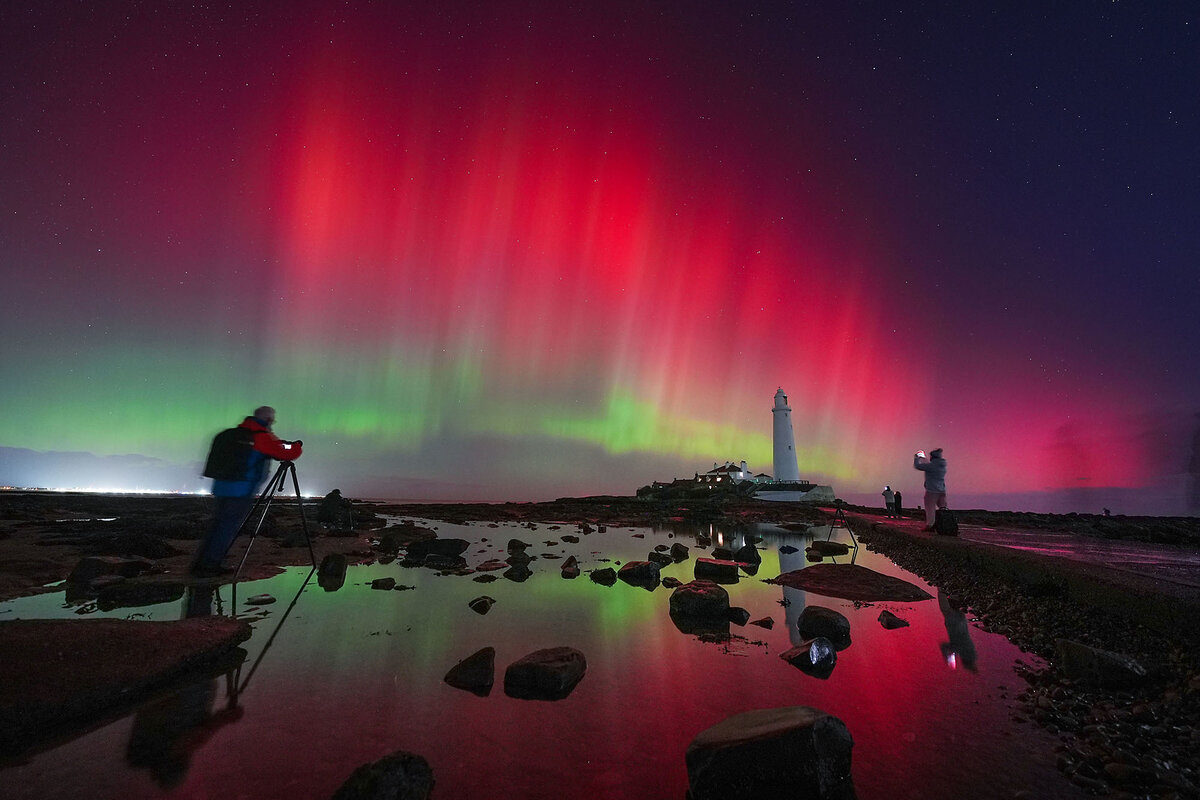The longest government shutdown in American history ended yesterday with a vote in the House. Six Democrats voted for a stopgap funding bill, with two Republicans voting against, making the final tally 222-209. President Trump signed the bill soon after its passage. Check out today’s story to see why getting back to normal won’t be simple.
House Democrats released emails suggesting Jeffrey Epstein, the deceased convicted sex offender, believed President Trump knew about his crimes. One email says the president spent hours at Mr. Epstein’s house with one of the victims, whose name is redacted. The White House identified her as the late Virginia Giuffre, who said in 2016 she never saw Mr. Trump engage in any wrongdoing. The administration’s decision not to release the so-called Epstein files has divided the president’s base.
Israel reopened a key crossing into Gaza yesterday that will help in the delivery of humanitarian aid. The Zikim Crossing had remained shut despite last month’s ceasefire, cutting off most aid to the northern part of the beleaguered strip. It closed two months ago when Israel launched an operation to capture Gaza City. Despite the truce, humanitarian agencies say the amount of aid available still falls short of what is needed.
Los Angeles City Council voted to lower rent hikes for the first time in four decades in an effort to make the city more affordable. Landlords of rent-stabilized apartments can now raise rent by a maximum of 4% each year, down from as much as 10% in some cases. Housing advocates say the move protects vulnerable residents, while opponents say it will be harder for developers to build new housing. Rent control rules affect close to half of the city’s households.
Algeria released French Algerian writer Boualem Sansal from prison. A vocal critic of the Algerian government, Mr. Sansal was arrested a year ago on charges of undermining national unity. The octogenarian was pardoned under a German proposal so he can receive health care in Germany. International writers joined Mr. Sansal’s editor in expressing relief over the decision. “I cannot put myself in his place, but it is as if I am leaving the cell with him,” Italian poet Erri De Luca told Le Monde.
Hunters have killed a record number of black bears this year in South Carolina as restrictions have eased. Animal rights advocates have fought new rules expanding the use of bait and dogs, arguing they encourage a cruel trophy hunt of the state’s largest mammal. State game managers see the large cull – at 237 black bears – as a sign that efforts to preserve hunting culture, while keeping the bear population in check, are working.
No more pennies for your thoughts: After 232 years, the U.S. Mint made its last 1 cent coin in Philadelphia yesterday. It cost more than three times the face value of each penny to produce the copper-plated pieces. In an example of addition by subtraction, the United States will save about $56 million a year by stopping production.
– From our staff writers around the world







